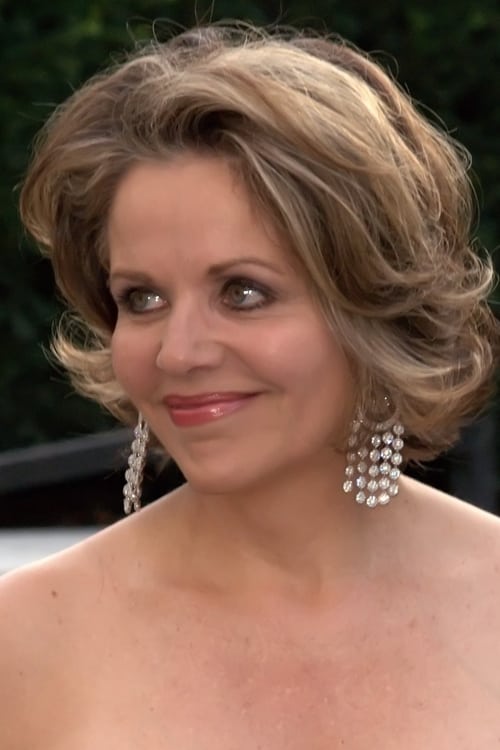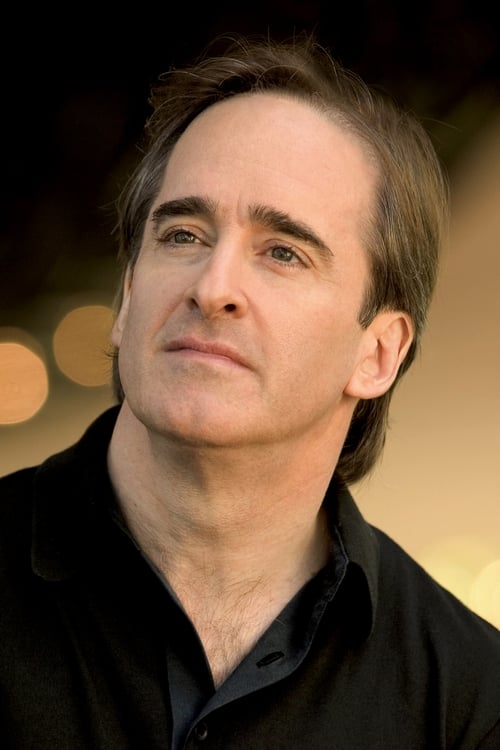Rusalka (2002)
Genre : Music
Runtime : 2H 35M
Director : François Roussillon
Synopsis
Renee Fleming stars in Dvorak's three-act opera based on two fairy-tales which tells the story of a water-nymph called Rusalka (Fleming), who wishes she was human, after falling in love with a mortal.
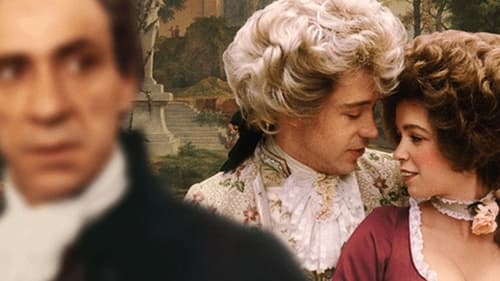
Wolfgang Amadeus Mozart is a remarkably talented young Viennese composer who unwittingly finds a fierce rival in the disciplined and determined Antonio Salieri. Resenting Mozart for both his hedonistic lifestyle and his undeniable talent, the highly religious Salieri is gradually consumed by his jealousy and becomes obsessed with Mozart's downfall, leading to a devious scheme that has dire consequences for both men.

First performed in Paris in 1843, at the turning point of several eras, Don Pasquale, a composite and varied work, is the apotheosis of opera buffa. Performed for the first time at the Paris Opera, the production has been entrusted to the Italian director, Damiano Michieletto, who transports us directly to the sincerity and dramatic splendour at the heart of an apparently light‑hearted work.

“Foolish indeed is he who marries in old age.” Thus ends Don Pasquale: with a wise dictum not lacking in irony that sums up the disappointments of its hero, a rich bachelor keen to marry who is deceived by his nephew Ernesto and his young bride-to-be Norina. First performed in Paris in 1843, at the turning point of several eras, Don Pasquale, a composite and varied work, is the apotheosis of opera buffa. Performed for the first time at the Paris Opera, the production has been entrusted to the Italian director, Damiano Michieletto, who transports us directly to the sincerity and dramatic splendour at the heart of an apparently light‑hearted work.

Directed by Ursel Hermann, this 2005 production of Mozart's last opera stars a remarkable cast with Susan Graham in the role of Sesto, Christoph Prégardien giving life to Tito and Catherine Naglestad embodying the ambitious Vitellia. Premiered in September 1791 for the coronation of Leopold II, King of Bohemia, La Clemenza di Tito celebrates the figure of the merciful sovereign
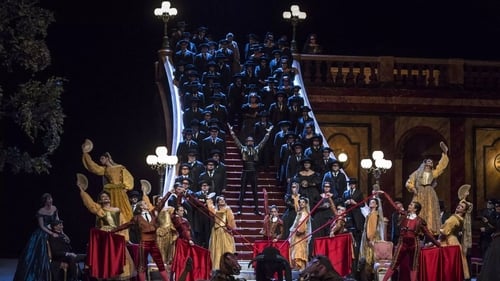
In Benoît Jacquot’s production, Manet’s Olympia dominates the stage of the Opéra Bastille. In 1863, the painting caused a scandal: the prostitute awaits her client, her expression proud, her demeanour assured. Is this Violetta? Like Olympia, Verdi’s most celebrated heroine surrenders to the spectator just as she surrenders to love, going so far as to die on stage, a woman’s ultimate sacrifice for her lover. Or might it be the spectator who strips her bare and intrudes upon her privacy, in the image of this milieu of social voyeurism? Whatever the case, these two women regard us with defiance and subjugate those who cannot help but look at them.

Les Huguenots is a monumental fresco featuring various impossible loves in the context of the Saint Bartholomew Massacre. Andreas Kriegenburg places these timeless conflicts of love and religion in an immaculate setting in which the costumes appear yet more flamboyant and the victims’ blood more violently red.
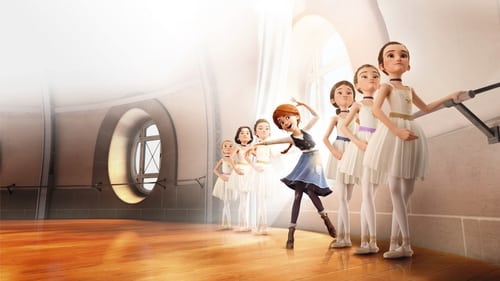
Set in 1879 Paris. An orphan girl dreams of becoming a ballerina and flees her rural Brittany for Paris, where she passes for someone else and accedes to the position of pupil at the Grand Opera house.
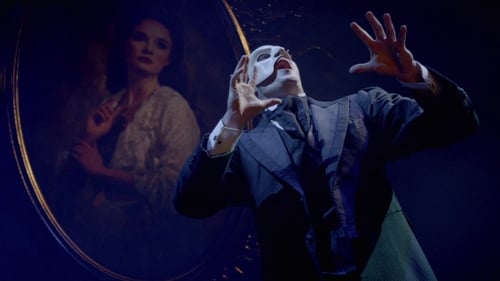
Set 10 years later, the Phantom has escaped from Paris to New York where he lives amongst the joyrides and freak shows of Coney Island. He has finally found a place for his music to soar, all that is missing is his love Christine Daaé. In a bid to win back her love, the Phantom lures Christine, her husband Raoul, and their young son Gustave from Manhattan, to the glittering and glorious world of Coney Island... they have no idea what lies in store for them... You truly haven’t experienced Andrew Lloyd Webber’s Love Never Dies until you see this spectacular new Australian production, filmed at Melbourne’s iconic Regent Theatre.

The story of Florence Foster Jenkins, a New York heiress, who dreamed of becoming an opera singer, despite having a terrible singing voice.
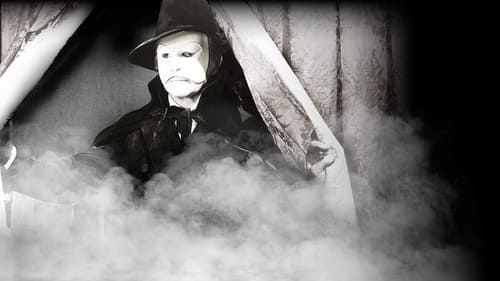
Pit violinist Claudin hopelessly loves rising operatic soprano Christine Dubois (as do baritone Anatole and police inspector Raoul) and secretly aids her career. But Claudin loses both his touch and his job, murders a rascally music publisher in a fit of madness, and has his face etched with acid. Soon, mysterious crimes plague the Paris Opera House, blamed on a legendary "phantom".
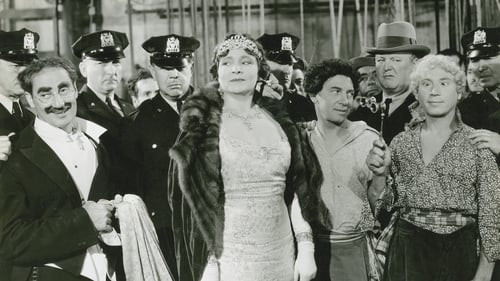
The Marx Brothers take on high society and the opera world to bring two lovers together. A sly business manager and two wacky friends of two opera singers help them achieve success while humiliating their stuffy and snobbish enemies.

During World War II, two French civilians and a downed British Bomber Crew set out from Paris to cross the demarcation line between Nazi-occupied Northern France and the South. From there they will be able to escape to England. First, they must avoid German troops - and the consequences of their own blunders.

Christmas is now more beautiful and cosy than ever! Experience Christmas in London, together with André Rieu. Decorated Christmas trees everywhere you look, beautifully lit streets, tempting Christmas window displays... Combine the unique London Christmas atmosphere with a magnificent Christmas concert by André Rieu, and you have all the ingredients for a lovely party in the dark December days. Together with fantastic soloists and his always joyful Johann Strauss orchestra, André Rieu provides a fabulous evening with the most beautiful and moving Christmas carols, but also with emotional songs such as Leonard Cohen's Hallelujah, The Holy City and the classic Concierto de Aranjuez. Christmas in London means an evening enjoying lovely music, beautiful costumes and plenty of London cosiness.

La traviata (Italian: [la traˈviaːta], "The Fallen Woman"[1][2]) is an opera in three acts by Giuseppe Verdi set to an Italian libretto by Francesco Maria Piave. It is based on La dame aux Camélias (1852), a play adapted from the novel by Alexandre Dumas, fils. The opera was originally entitled Violetta, after the main character. It was first performed on 6 March 1853 at the La Fenice opera house in Venice. Piave and Verdi wanted to follow Dumas in giving the opera a contemporary setting, but the authorities at La Fenice insisted that it be set in the past, "c. 1700". It was not until the 1880s that the composer and librettist's original wishes were carried out and "realistic" productions were staged.[3]
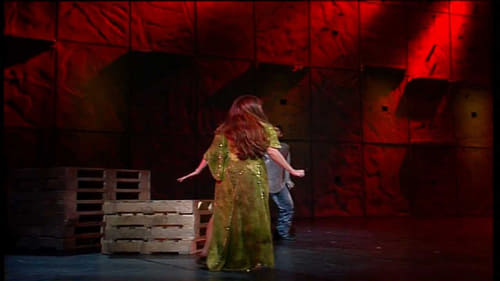
A musical adaptation of Victor Hugo's novel "Notre Dame de Paris" which follows the gypsy dancer Esmeralda and the three men who vie for her love: the kind hunchback Quadimodo, the twisted priest Frollo, and the unfaithful soldier Phoebus.

Bugs is in drag as the Valkyrie Brunhilde, who is pursued by Elmer playing the demigod Siegfried.

Between two Thanksgivings, Hannah's husband falls in love with her sister Lee, while her hypochondriac ex-husband rekindles his relationship with her sister Holly.

In the depths of the Rhine, the three Rhinemaidens guard the Rhinegold, a treasure of immeasurable value. The Nibelung dwarf Alberich is dazzled by the sight of it. The girls explain that whoever wins the gold and forges it into a ring will gain power over the world, but must first renounce love. Frustrated by his unsuccessful attempts to catch one of the girls, Alberich curses love and steals the gold. Wotan, lord of the gods, is reproached by his wife Fricka: he has promised to give Freia, goddess of youth, to the giants Fasolt and Fafner in return for their building a fortress for the gods. When the giants demand their reward, Loge, the god of fire, suggests an alternative payment: the ring Alberich has forged from the Rhinegold, and his other treasures. The giants agree, and Wotan and Loge leave for the Nibelungs’ underground home.
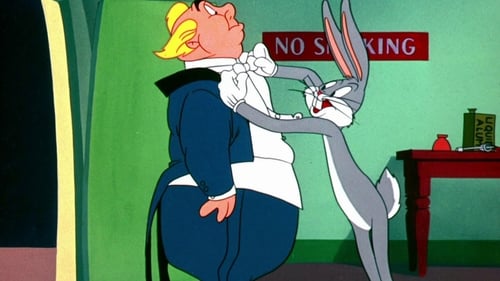
Bugs Bunny vs. a famous opera singer at the Hollywood Bowl.

As a storm rages, Siegmund the Wälsung, exhausted from pursuit by enemies in the forest, stumbles into an unfamiliar house for shelter. Sieglinde finds the stranger lying by the hearth, and the two feel an immediate attraction. But they are soon interrupted by Sieglinde's husband, Hunding, who asks the stranger who he is. Calling himself "Woeful," Siegmund tells of a disaster-filled life ("Friedmund darf ich nicht heissen"), only to learn that Hunding is a kinsman of his foes. Hunding, before retiring, tells his guest to defend himself in the morning. Left alone, Siegmund calls on his father, Wälse, for the sword he once promised him. Sieglinde reappears, having given Hunding a sleeping potion.

